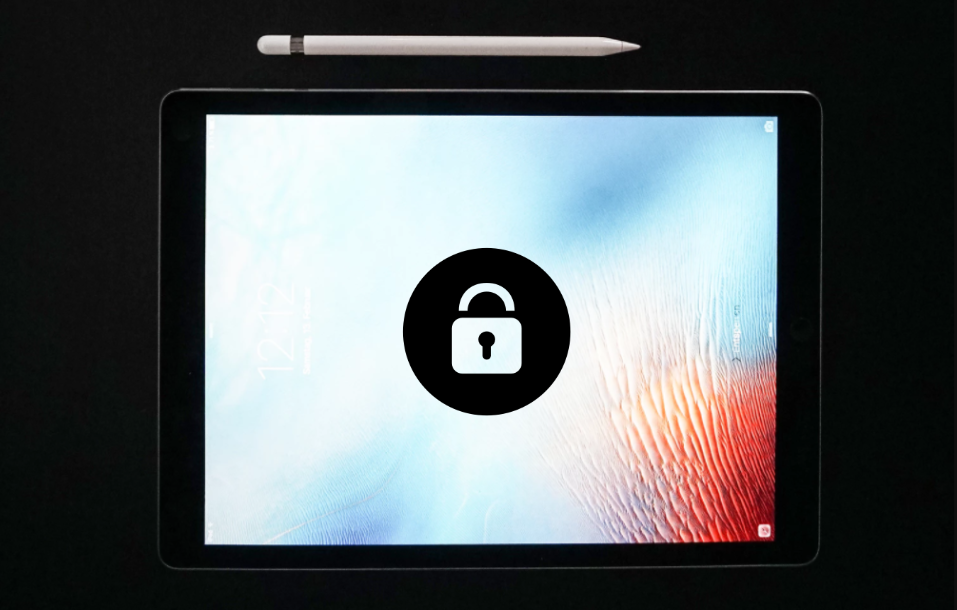Have iPad Restrictions Gone Too Far?
As technology becomes increasingly prevalent in classrooms, the School District has simultaneously increased restrictions on its use. But could these actions be harming our education?

As the year goes on, the entire student body of Waukesha South will soon receive brand new iPads. These iPads, however, will have even more restrictions. While students are less likely to become distracted with their own interests because of the restrictions, the iPads will go to waste if they aren't used to their full extent. The iPads are provided by the district to benefit our learning, just like they always have, but the new restrictions are too limiting.
For example, there are many academic apps that can help students, like the ACT: Practice app, that will no longer be accessible. Apps like these allow for advancement in any area of study that a student may need. Photomath is an app that solves or simplifies an equation when a user takes a picture of it, and walks students through the entire process. It is an application that acts as a teacher by helping explain what steps are being taken and why, a great example of innovative learning. With apps like Photomath, not only can students take advantage of their iPads by leading themselves into new concepts, but asking their teachers good questions as well. “Why is this possible... I saw this process done online and I was wondering if you could walk me through the steps." Combining technology and independent study in this way can greatly benefit student learning, but now has been setback because of the district’s fear of students' attention going elsewhere on the iPads.
The new restrictions also affect streaming apps that are beneficial to students. Free music apps such as Spotify and Pandora are going away. These music apps allow for better focus for the students who want to get work done in a loud classroom. When the district announced that we were not allowed to have phones in class, we were encouraged to use our iPads. Eliminating music from our iPads might encourage students to use their phones in class for access to music.

Additionally, the YouTube app, a valuable learning tool widely used by students and teachers, is no longer available. Science classes show videos of hard to understand concepts, history classes review events that happened in the past, and other subjects use them as well. The more exposure students receive when learning new topics, the better they retain the information. Exposure to content through annotating, writing, group work, lecture, and easy access to videos on YouTube can facilitate this. The more exposure, the better the students’ test grades and AP exam scores will be. With these better grades and scores, not only do students benefit, but the district looks good as well.
Apple provides several thousand apps that allow students to access interactive textbooks, videos, and podcasts that provide help in any grade and subject. If this is true, why is it that students are limited to only a select few? These restrictions are understandable in that the district wants us to focus in class, but are inconsistent with the goal of reaching a customized learning experience that allows for students to take their own path to success.

